Introduction:
The kidneys play a vital role in maintaining overall health by filtering waste products and excess fluids from the blood, regulating electrolyte balance, and producing hormones essential for various bodily functions. Keeping the kidneys healthy is crucial for overall well-being, and one way to support kidney health is through a balanced diet. In this blog post, we’ll explore some of the top foods that are beneficial for kidney health, providing essential nutrients while promoting optimal kidney function.
- Leafy Greens:
Leafy greens such as spinach, kale, and Swiss chard are excellent sources of vitamins, minerals, and antioxidants that support kidney health. These greens are low in potassium, making them kidney-friendly, and they also contain compounds that help reduce inflammation and protect against oxidative stress. Incorporating leafy greens into your diet can provide essential nutrients like vitamin C, vitamin K, and folate, while promoting healthy kidney function.
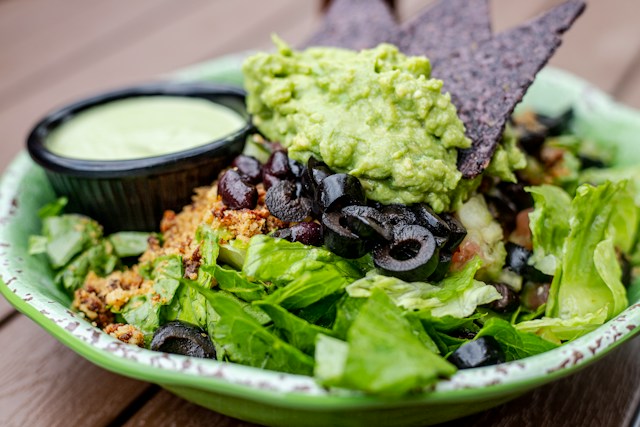
- Berries:
Berries such as strawberries, blueberries, raspberries, and cranberries are packed with antioxidants, vitamins, and fiber, making them excellent choices for kidney health. The antioxidants found in berries help protect the kidneys from damage caused by free radicals, while the fiber content supports digestive health and regulates blood sugar levels. Additionally, cranberries have been shown to prevent urinary tract infections by preventing bacteria from adhering to the urinary tract lining, promoting overall urinary tract health.

- Fish:
Fatty fish like salmon, mackerel, and sardines are rich in omega-3 fatty acids, which have anti-inflammatory properties and are beneficial for kidney health. Omega-3 fatty acids help reduce inflammation in the kidneys and may lower the risk of developing kidney disease. Fish also provides high-quality protein, which is important for maintaining muscle mass and supporting overall kidney function. Including fish in your diet can provide essential nutrients while promoting kidney health.
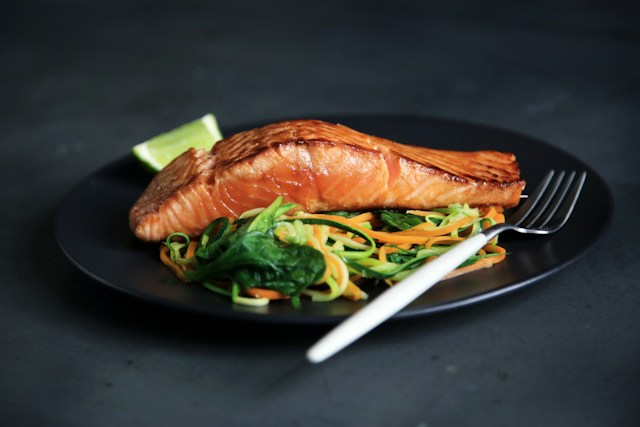
- Whole Grains:
Whole grains such as brown rice, quinoa, barley, and whole wheat are excellent sources of fiber, vitamins, and minerals that support kidney health. Fiber helps regulate blood sugar levels and promotes digestive health, reducing the risk of conditions like diabetes and constipation that can strain the kidneys. Whole grains also provide essential nutrients like magnesium and potassium, which are important for kidney function. Incorporating whole grains into your diet can provide sustained energy and promote overall kidney health.
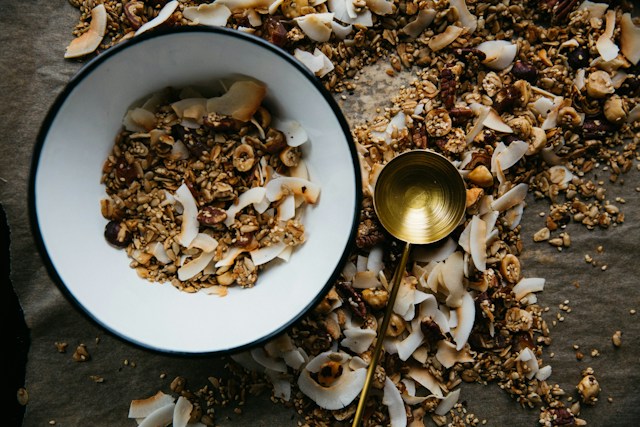
- Garlic:
Garlic is a flavorful herb that is rich in antioxidants and compounds that have been shown to benefit kidney health. Garlic contains allicin, a sulfur compound that has anti-inflammatory and antibacterial properties, which may help protect the kidneys from damage and reduce the risk of urinary tract infections. Additionally, garlic has been found to help regulate blood pressure and cholesterol levels, which are important factors in maintaining kidney health. Adding garlic to your meals can provide flavor while supporting kidney function.
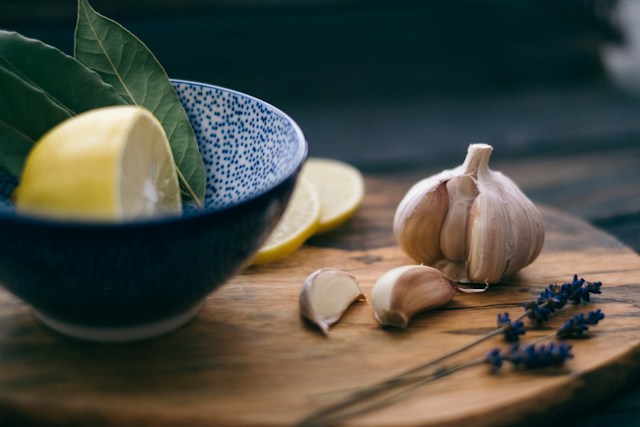
- Watermelon:
Watermelon is a hydrating fruit that is low in potassium, making it an excellent choice for kidney health. Watermelon is also rich in antioxidants like lycopene, which has been shown to reduce inflammation and protect against kidney damage. Additionally, watermelon has diuretic properties, which can help flush out toxins and excess fluids from the body, promoting kidney function. Enjoying watermelon as a refreshing snack or adding it to smoothies can provide hydration and support kidney health.
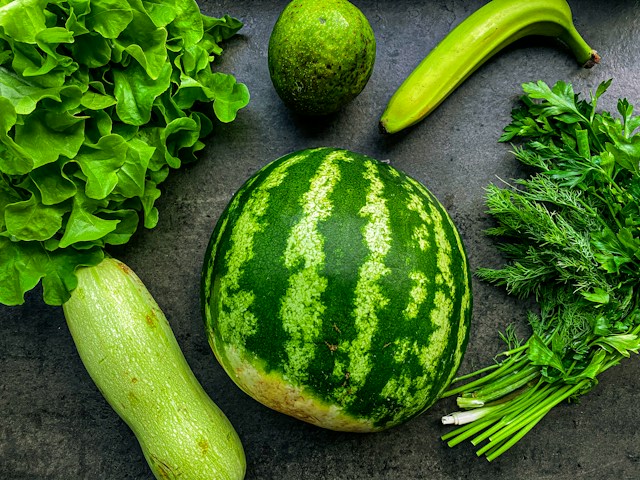
Conclusion:
Maintaining kidney health is essential for overall well-being, and incorporating kidney-friendly foods into your diet is a proactive way to support optimal kidney function. The foods mentioned in this blog post, including leafy greens, berries, fish, whole grains, garlic, and watermelon, are rich in nutrients and compounds that promote kidney health, reduce inflammation, and protect against kidney damage. By making conscious choices to include these foods in your diet, you can nourish your kidneys and promote long-term health and vitality. As always, it’s essential to consult with a healthcare professional or registered dietitian for personalized dietary recommendations, especially if you have pre-existing kidney conditions or concerns.
